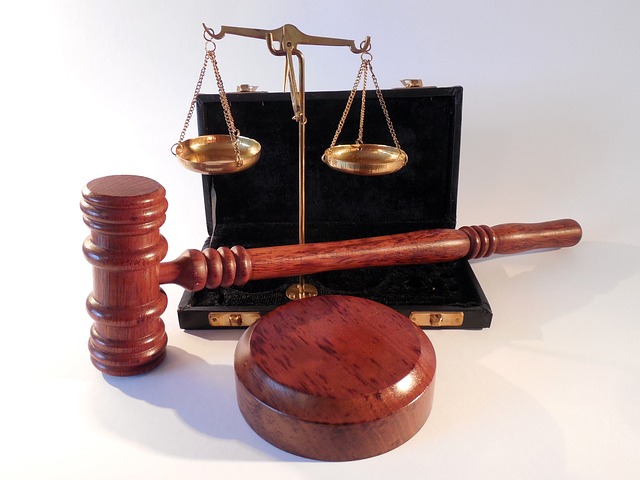
In the Civil Procedure Code, an appeal is an essential channel for guaranteeing justice and pursuing reparation. Parties to a court case may appeal to higher courts for a new assessment of their case if they are unhappy with the verdict. Through this procedure, anyone can make strong arguments and contest the lower court’s ruling on the basis of facts or law.
Appeals in CPC: Essentials
A higher forum evaluates a lower forum’s decision on both legal and factual grounds in an appeal under the CPC. It is within the competence of the higher forum to follow its directives and either uphold, reverse, modify, or return the case to the lower forum for a new ruling. The following is a summary of the three crucial components of cases that are appealing:
- A ruling made by a court or administrative body.
- A person who feels wronged and may not have participated in the initial legal process.
- In CPC, a reviewing body was created expressly to deal with these types of appeals.
first and second appeal under cpc
First Appeal:
- A regular first appeal against a decree issued by any Court exercising original jurisdiction may be filed in accordance with Section 96 of the CPC, unless it is specifically forbidden.
- It is clear from a combined analysis of CPC Sections 2(2), 2(9), and 96 that in some adjudications, a first appeal may or may not be maintainable.
Second Appeal:
- In accordance with Civil Procedure Code Section 100, the District Court’s ruling may be appealed to the High Court.
- If the decree is passed ex parte, an appeal is possible.
- The High Court will make the rulings if it determines that there is a significant legal issue at hand.
- It should be mentioned that the second appeal is based on a significant legal matter rather than factual inaccuracies.
second appeal under CPC: About
- A second appeal within the CPC is provided for by Section 100. It states that, unless there are specific rules to the contrary, an appeal from a decree rendered in the first appeal by a subordinate Court may be submitted to the High Court. However, the authority granted by this clause is restricted to significant legal issues raised either at the time the appeal was admitted or later on.
- second appeal under section 100 of cpc lies to the High court if a significant substantial issue is raised. If the legal issue in the case directly and significantly affects the parties’ rights or is of general public concern, it would be considered substantial.
Second Appeal: Nature and Scope
Nature:
- The ability to appeal is established by statute rather than being inherited. The ability to sue is innate to nature.
- This right is effective as of the lawsuit filing date.
- The Appellate Court’s ruling is definitive.
- The statute must proclaim the rights to be void before they can be deemed void.
Scope:
The following situations are the only ones in which the second appeal may be used:
- A legal question is raised.
- A legal question needs to be significant.
- Additional explanation as specified in CPC Section 100.
- The incorrectly resolved question of fact shouldn’t constitute the second appeal’s criterion.
What is the ground for second appeal under cpc?
“Second appeal on no other grounds- No second appeal can be filed except on the basis mentioned in section 100,” according to Section 101. Consequently, it expressly prohibits the second appeal based on any other Section 100 cause. The following are the justifications for a second appeal:
- that a significant legal matter should be raised in the appeal, which the court may develop or the party may raise in a memorandum of appeal;
- that in cases where the decree was issued ex parte, a second appeal may be filed;
Second Appeal: Case Rulings
- In the Annapoorani Ammal v G.Thangapolam case, it was decided that the High Court could only get involved when there was a significant legal issue.
- In the Dnyanoba Bhaurao v Maruti Bhaurao Marnor case, it was decided that there is no legal issue here and that the determination of fact is contrary to the preponderance of the evidence.
What is the difference between first appeal and second appeal in cpc?
- A second appeal is filed in a court that is even higher than the one that ruled the first appeal, while a first appeal is filed in a court that is higher than the one that issued the initial verdict.
- A first appeal reviews both factual and legal issues. Nevertheless, unless there is a clear and serious mistake of law in the record, a second appeal considers solely legal problems.
- A first appeal has broader grounds for reconsideration that cover both factual and legal issues whereas the assessment of a second appeal is restricted to important legal issues.
Both parties have the option to appeal the court’s decision once it has been rendered. The opportunity to appeal is granted from the start of the process until the verdict is rendered. When there is a significant legal issue in the case, and the court is the one who must define the legal issue, an appeal may be appropriate.









